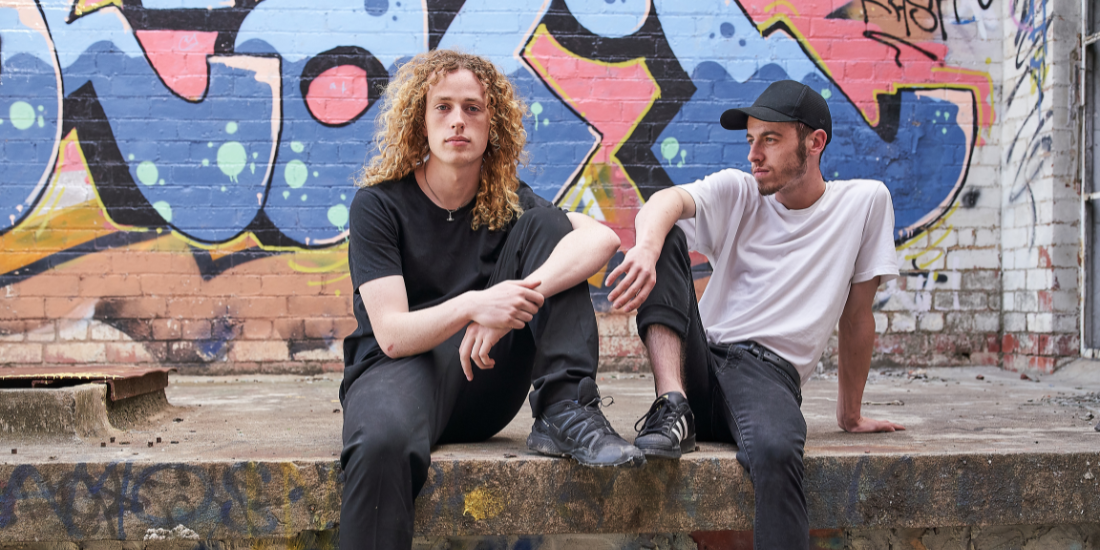CanARY study
 Investigator: Professor Paul Amminger
Investigator: Professor Paul Amminger
CanARY stands for Cannabidiol for At Risk Youth. The CanARY study aims to work out whether cannabidiol (CBD) can reduce symptoms in young people at heightened risk for developing psychosis.
It will also look at whether CBD improves other symptoms including anxiety and depression, as well as social and occupational functioning and quality of life in young people at heightened risk for developing psychosis. For more information on cannabidiol please read our FAQs.
FAQs for participants
FAQs for clinicians
Schizophrenia and related psychotic disorders are the fifth-leading cause of disability in developed countries but there is some evidence that progression to psychotic disorders can be halted if appropriate treatments are given early.
What does ultra-high risk for psychosis mean?
Ultra-high risk (UHR) for psychosis refers to symptoms and/or family history that put people at a higher risk for developing a psychotic disorder than the general population.
Symptoms vary for different individuals, but can include feeling low in mood, feeling paranoid or seeing things, or people hearing voices that they know aren’t there. Some people might worry that their thoughts are being heard, may not feel right in themselves, or might be having more difficulty than usual coping with work, school or relationships.
Other people within this group may not experience any of these early symptoms, but have a family member with a psychotic disorder.
Young people at UHR for psychosis are being sought for this study.
What does the study involve?
Study participants will be randomly divided into three groups:
- group one will take 600mg of cannabidiol per day for 12 weeks;
- group two will take 1000mg of cannabidiol per day for 12 weeks; and
- group three will take a placebo (no cannabidiol).
Participants will be required to attend 10 appointments with researchers during which they will answer questions about how they have been doing, and provide blood, hair and urine samples.
Reimbursement
Participants will be reimbursed for time taken to attend appointments (between $20-$50 per visit). They will also be reimbursed for expenses incurred in order to take part in the study, such as parking or transport costs.
Eligibility
Young people aged 12–25 years who are considered at ultra-high risk for psychosis are eligible to participate in this study.
Ultra-high risk (UHR) for psychosis refers to symptoms and/or family history that put people at a higher risk than the general population for developing a psychotic disorder.
Recruitment
Eligible participants from across metropolitan Melbourne and Perth will be enrolled in the study through the Orygen Clinical Trials Unit. Young people or their carers can contact the study team directly by emailing [email protected], or by completing this brief survey if they would like to join the study, or they can be referred to the study by their GP or mental health clinician.
In Western Australia and Queensland, current clients at any of the centres listed below who are eligible can participate in the study. If a young person appears to be eligible, a research assistant will approach them to ask if they would like to take part in the study.
- headspace Midland (Perth, Western Australia);
- headspace Osborne Park (Perth, Western Australia);
- headspace Joondalup (Perth, Western Australia); and
- Youth Axis (Perth, Western Australia).
SEP v4.0 041122. HREC/60933/MH-2020